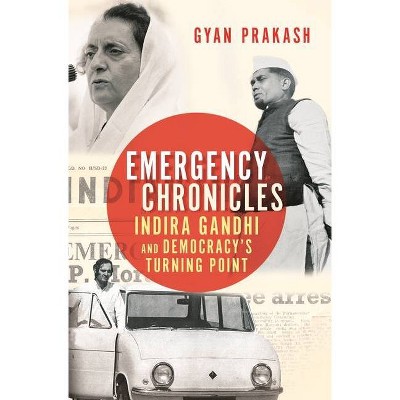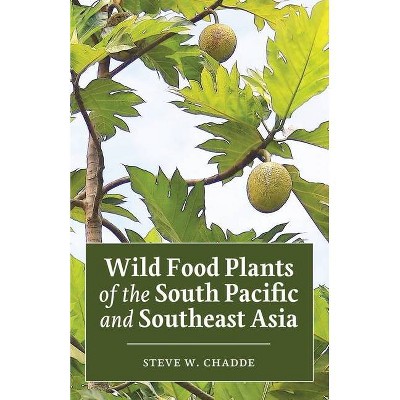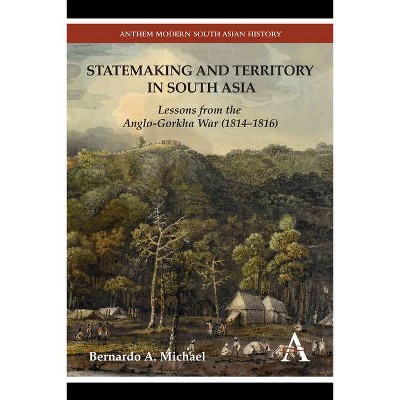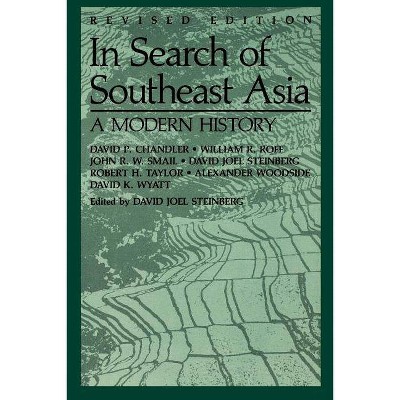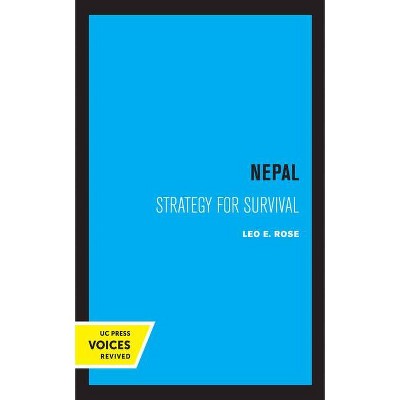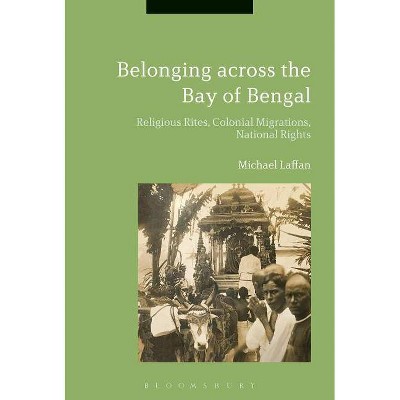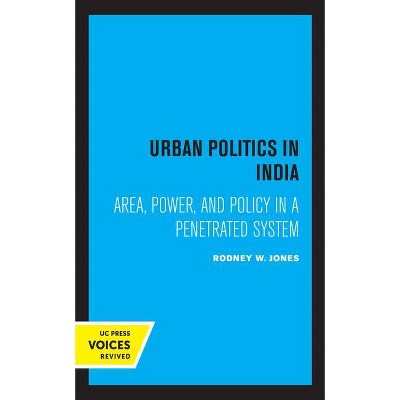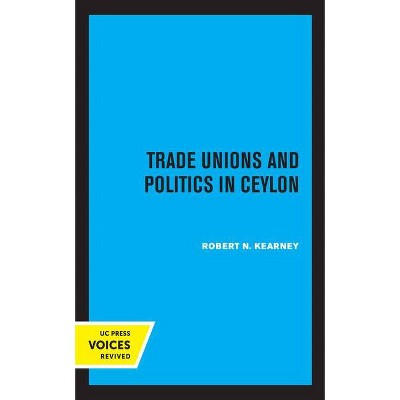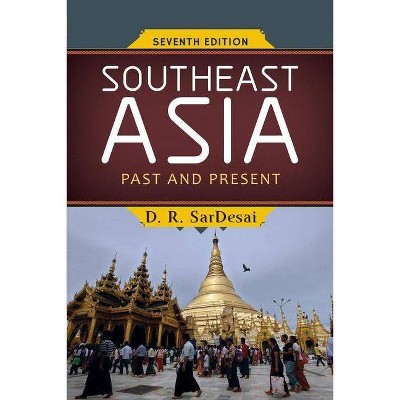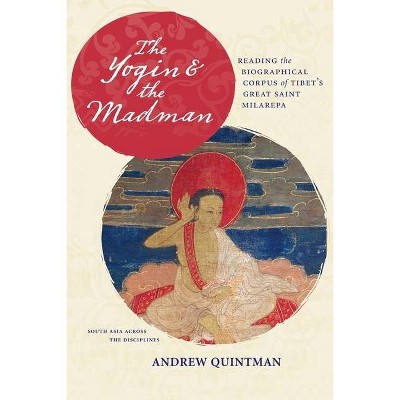The Postcolonial Moment in South and Southeast Asia - by Gyan Prakash & Nikhil Menon & Michael Laffan (Paperback)
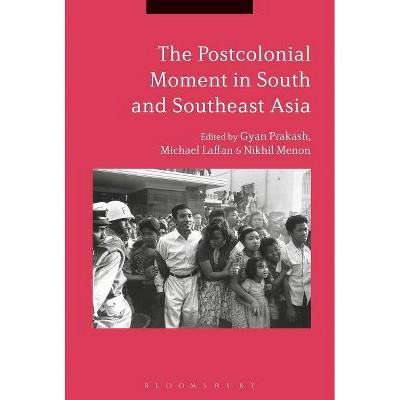
Similar Products
Products of same category from the store
AllProduct info
<p/><br></br><p><b> Book Synopsis </b></p></br></br>By exploring themes of fragility, mobility and turmoil, anxieties and agency, and pedagogy, this book shows how colonialism shaped postcolonial projects in South and Southeast Asia including India, Pakistan, Burma, and Indonesia. Its chapters unearth the contingency and contention that accompanied the establishment of nation-states and their claim to be decolonized heirs. <br/><br/>The book places key postcolonial moments - a struggle for citizenship, anxious constitution making, mass education and land reform - against the aftermath of the Second World War and within a global framework, relating them to the global transformation in political geography from empire to nation. The chapters analyse how futures and ideals envisioned by anticolonial activists were made reality, whilst others were discarded. Drawing on the expertise of eminent contributors, <i>The Postcolonial Moment in South and Southeast Asia </i>represents the most ground-breaking research on the region.<p/><br></br><p><b> Review Quotes </b></p></br></br><br>Delving beyond the rhetoric of post-colonialism, this important book traces the practical way societies in South and South East Asia built institutions in the wake of empire's end. It draws from an impressive range of local archives to show what citizens of Asia's independent states did to transcend the colonial condition they'd been subject to until World War II. In a series of elegantly-written essays, it's distinguished authors trace the sense of restlessness and novelty, but also the fragility and violence which shaped the beginning of democracy in South and South East Asia. This is an essential book which founds the comparative study of post-colonial history in South and South East Asia.<br/>Jon Wilson, Reader in Modern History, King's College London, UK<br><br>This large collection of excellent essays on decades of transition from empire to nation in southern Asia is particularly valuable today when retrograde nationalist demogogues feed so freely on crudely simplified stereotypes of national identity and historical experience. This wonderfully creative work should stimulate more serious scholarship exploring the questions left open here: did the "post-colonial moment" ever end?<br/>David Ludden, Professor of History, New York University, USA<br><p/><br></br><p><b> About the Author </b></p></br></br><p><b>Gyan Prakash </b>is Dayton-Stockton Professor of History at Princeton University, USA. He is the author of <i>Bonded Histories: Genealogies of Labor Servitude in Colonial India</i> (1990), <i>Another Reason: Science and the Imagination of Modern India</i> (1999) and <i>Mumbai Fables</i> (2010). <p/><b>Michael Laffan</b> is Professor of History at Princeton University, USA. He the author of<i> Islamic Nationhood and Colonial Indonesia: The Umma Below the Winds</i> (2003) and <i>The Makings of Indonesian Islam: Orientalism and the Narration of a Sufi Past </i>(2011), and the editor of <i>Belonging Across the Bay of Bengal: Religious Rites, Colonial Migrations, National Rights</i> (2017). <p/><b>Nikhil Menon </b>is Assistant Professor of History at the University of Notre Dame, USA.</p>
Price History
Price Archive shows prices from various stores, lets you see history and find the cheapest. There is no actual sale on the website. For all support, inquiry and suggestion messages communication@pricearchive.us
